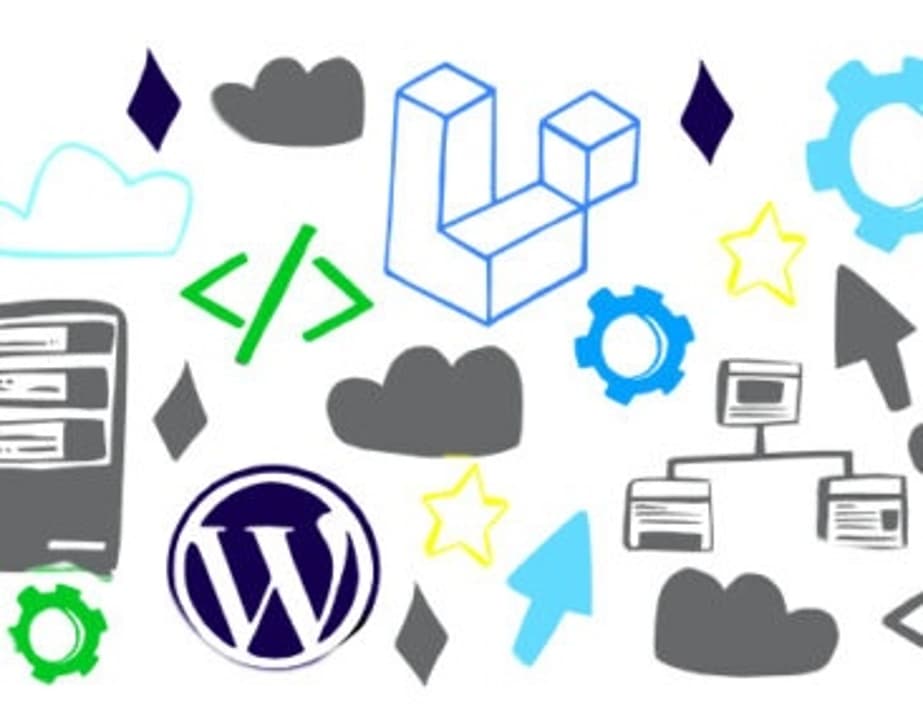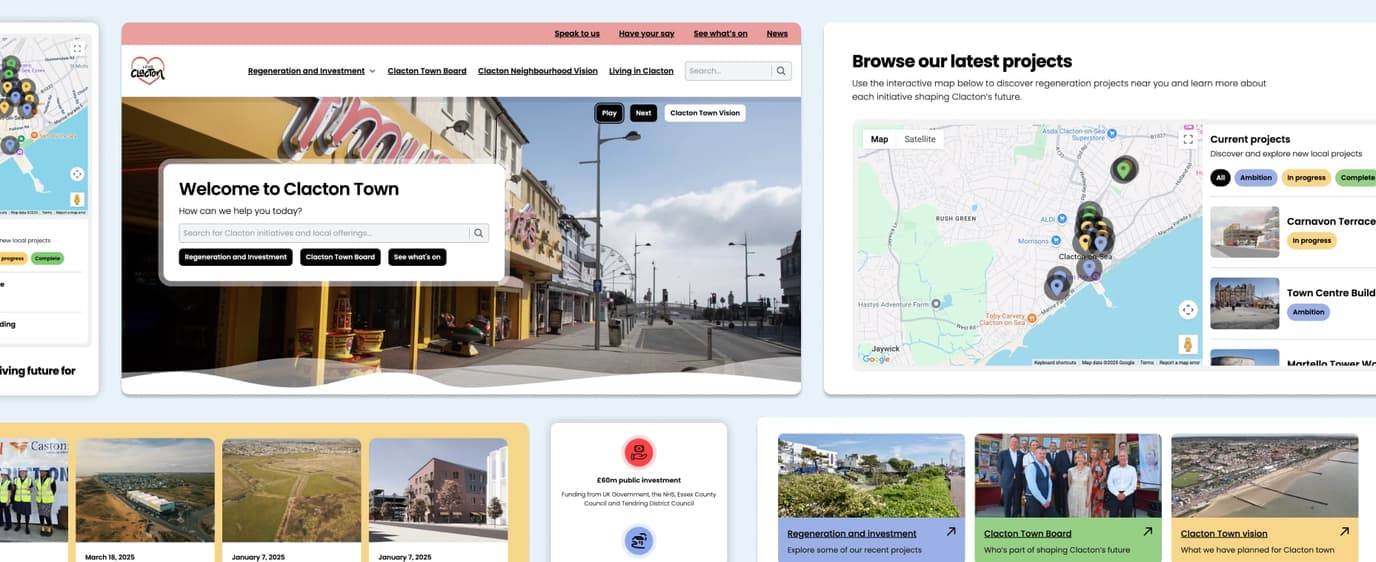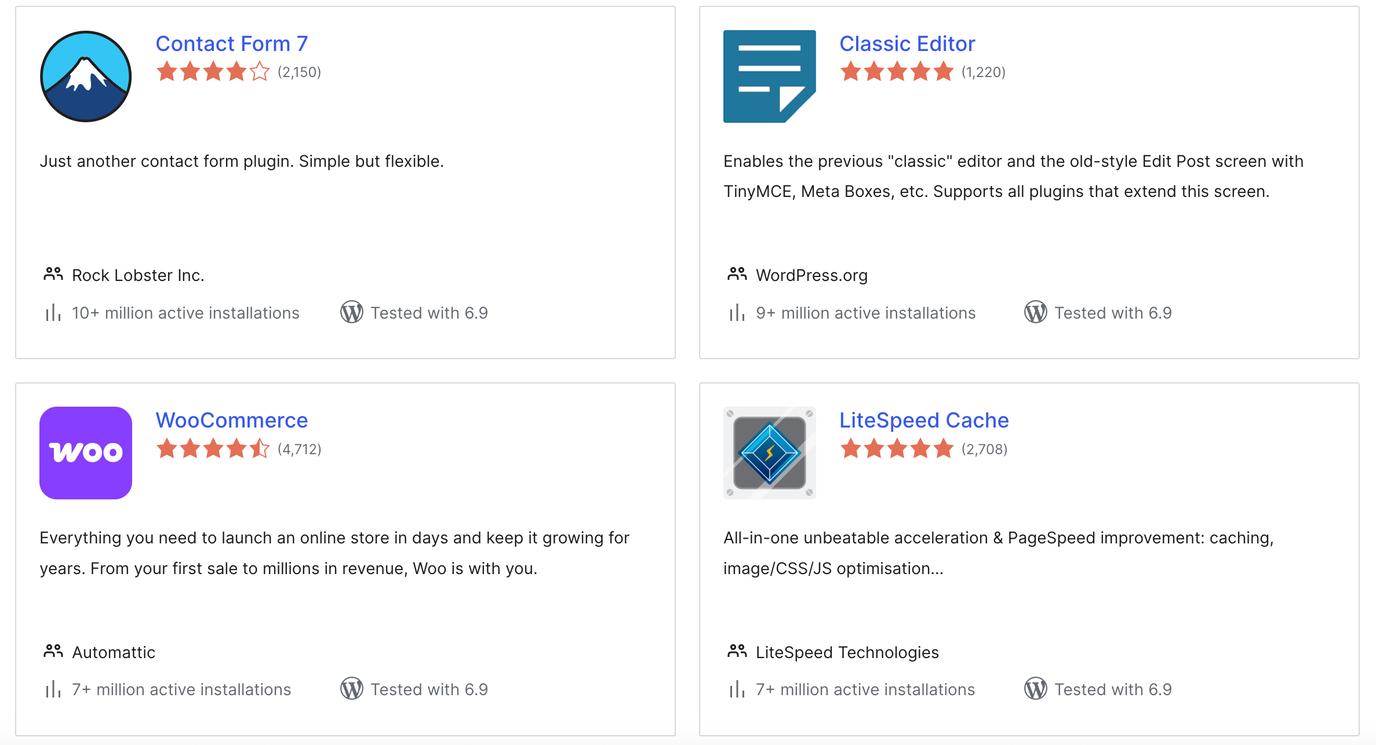
There is some confusion in the business world about web apps vs websites, and whether they are the same thing. The answer (like most things worth knowing), is a little complicated but we are here to help shed some light on the topic!
The difference between Web Apps and Websites
If a website does things like send notifications, gives dashboards or allows you to send messages, then the chances are it isn’t a website at all. Services like YouTube, Spotify, Gmail, Facebook, Amazon and eBay are not websites, but rather web applications.
While in many cases they can look similar, a web application is doing MUCH more behind the scenes and operates in a fundamentally different way. While they both involve web-based content accessible through a browser, there are key differences in functionality and purpose.
Here’s a definition of each:
Website: A website is a collection of web pages that are interconnected and hosted on a web server. It consists of static or dynamic content, such as text, images, multimedia elements, and hyperlinks. Websites are primarily informational and provide content to visitors in a read-only format. They are designed to present information, showcase products or services, share news or articles, or serve as an online presence for individuals, businesses, organisations or institutions.
Websites are often composed of HTML, CSS, and JavaScript, and they can be created using content management systems (CMS) like WordPress, Joomla, or Drupal, or even basic website builders such as Wix or Squarespace.
Web application: A web application is a software application that runs on web servers and is accessed through a web browser interface. It provides interactive functionality and allows users to perform specific tasks, often involving complex data processing or transactions.
Unlike websites, web applications can store and manipulate data, provide personalised user experiences, and facilitate interactions between users and systems.
Web applications are built using various programming languages and frameworks such as Python, JavaScript, Ruby, PHP, or Java. They often employ technologies like AJAX (Asynchronous JavaScript and XML) and APIs (Application Programming Interfaces) to enable data exchange between the client-side (user’s browser) and the server-side (web server).
Which is right for you?
These two web-based solutions have quite different purposes, price points and end results. They also offer distinct advantages and disadvantages over each other. The choice about which option best suits a client ultimately comes down to these elements:
Q1: Is the purpose to provide read-only information or provide an index of read-only information? (e.g. content such as writing, images, video or audio files).
If the answer is yes, then a website would most likely best meet the needs of the project.
Q2. Is there a significant need for personalisation or to frequently use requests to access other online services? For example, would users need to write to a database that is being actively written to by other users?
If the answer is yes then a web-based application would likely be the best fit for the project.
The ultimate benefit of a website is that it can be fairly cheap to put together. All you really need is a hosting environment, a domain name and the ability to use a CMS (or work with a developer) to create something that can be found online by a user and provides the tools to turn that user into a customer.
While a web-based application can be more technically demanding to create, it can also achieve so much more – and allows an owner to move into the area of technical IP (intellectual property) and creating value for a business through a service that can be used by potentially billions of people around the world.
A final note about web apps
While there was a move some time ago to develop phone apps for various industries (for example fast food, logistics, retail or rewards apps), often website applications can be a better fit.
They allow companies to offer clients a single system that can be accessed via a phone app or browser interface, meaning that work can be reduced by maintaining one platform rather than two (or more). Users can share logins between the two locations and access their profile on other devices without needing to download the app.
If you have any questions about how a website application may benefit your business, please talk to us. We have an in-house team of designers and developers who can help build any type of live service you may require, or help streamline your operations to make life easier and reduce your running costs.





